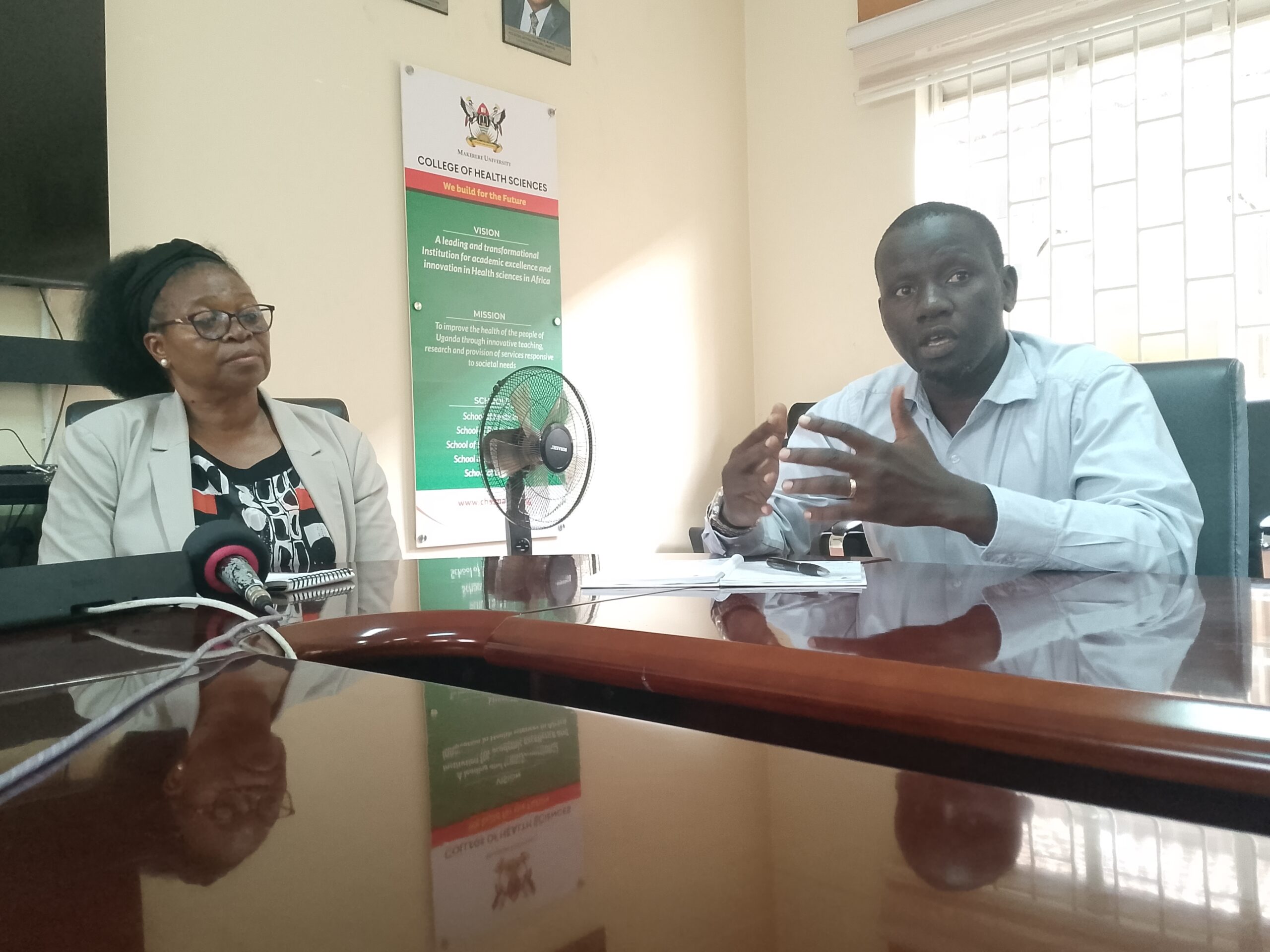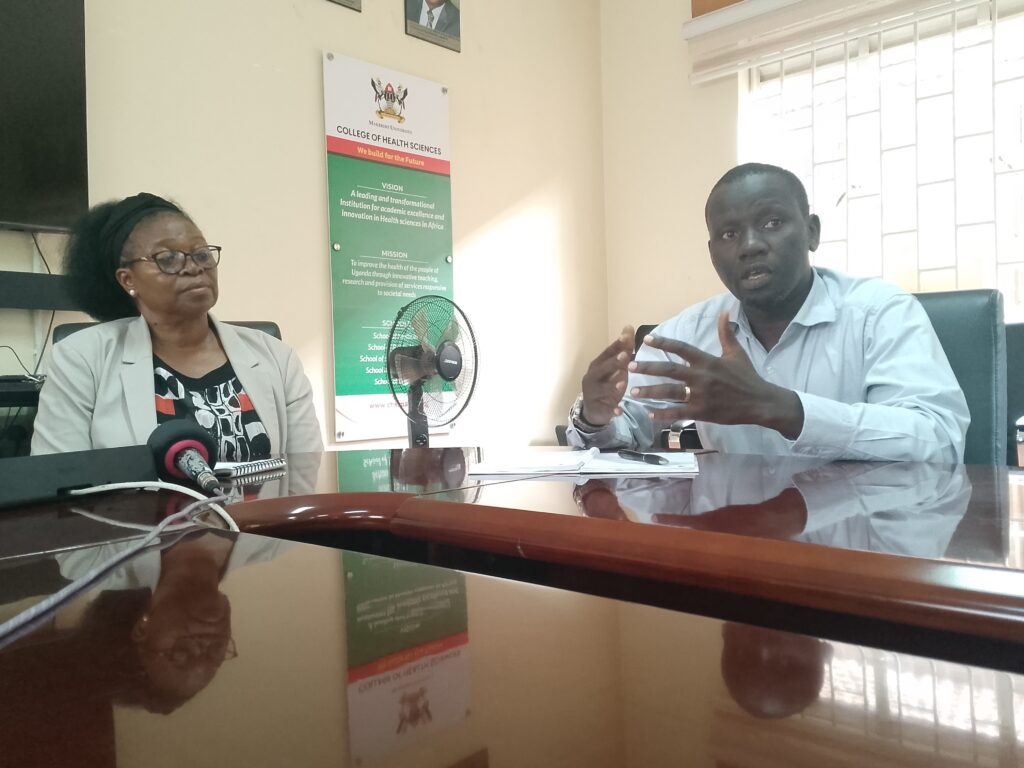
 Mama FM
Mama FM

 Mama FM
Mama FM
1 August 2024, 12:39 pm
By Byamukama Alozious
Uganda is a nation of youth, with at least 70% of its population being young people and 50% under 18 years old. Over 10 million children are enrolled in schools, a number that greatly exceeds the available teachers, creating significant challenges in classroom management and student support.
In 2010, the Ministry of Education banned corporal punishment, a practice that had led many learners to drop out or leave school. This policy shift prompted Makerere University’s School of Health Sciences, in collaboration with the Ministries of Health and Education, to research why teachers resorted to punishment instead of discipline. The findings revealed that while some children exhibited unruly behaviour, many lacked home support, and teachers were overwhelmed by large class sizes and heavy workloads.
“Previously, it was common to find children in our wards at Mulago Hospital due to severe injuries from punishment; this has changed over time,” said Dr Janet Nakigudde, a clinical psychiatrist. “We want to eliminate this completely.”
The study highlighted the severe stress faced by teachers, often responsible for classes of 80-100 students. This stress has resulted in mental health challenges for teachers, students, and parents alike. “It’s hard to manage such large classes with just one or two teachers,” Dr Janet Nakigudde added.
To address these issues, Makerere University’s School of Health Sciences developed an application named “MWell”, an innovative tool designed to monitor teachers’ stress levels, provide self-care alerts and reminders, and offer resources to manage their well-being. The app allows teachers to track their stress, access relaxation techniques, and connect with colleagues for support. It also includes a resource library with expert advice on managing stress and maintaining mental health.
“We recognise the critical role teachers play in shaping the future of our children, and it’s essential we support their well-being,” said Associate Professor Noeline Nakasujja, lead researcher on the project. “MWell is a vital step towards creating a healthier and more sustainable education system. By the end of this year, MWell will have been tested and will also be available to the general public. We still call on domestic funding for this project because we are relying on grants.”
Dr Dickens Akena, head of the Department of Psychiatry at Makerere College of Health Sciences, emphasised the broader goal: “All this is intended to create a well-learning environment for children, free from mental challenges and punishment, to support their education and reduce school dropouts.”

MWell has been met with enthusiasm from educators and education stakeholders, who see it as a timely and necessary intervention. Makerere University hopes this tool will significantly improve the lives of teachers and, ultimately, the students they serve.
This event, held at Makerere University’s School of Health Sciences in Mulago, was attended by Professor Richard Idro, Deputy Principal of the College of Health Sciences. Training sessions for teachers and tutors on maintaining mental well-being have already been conducted in Nakaseke, Kampala, and Hoima, with at least 120 schools in these areas having been visited.